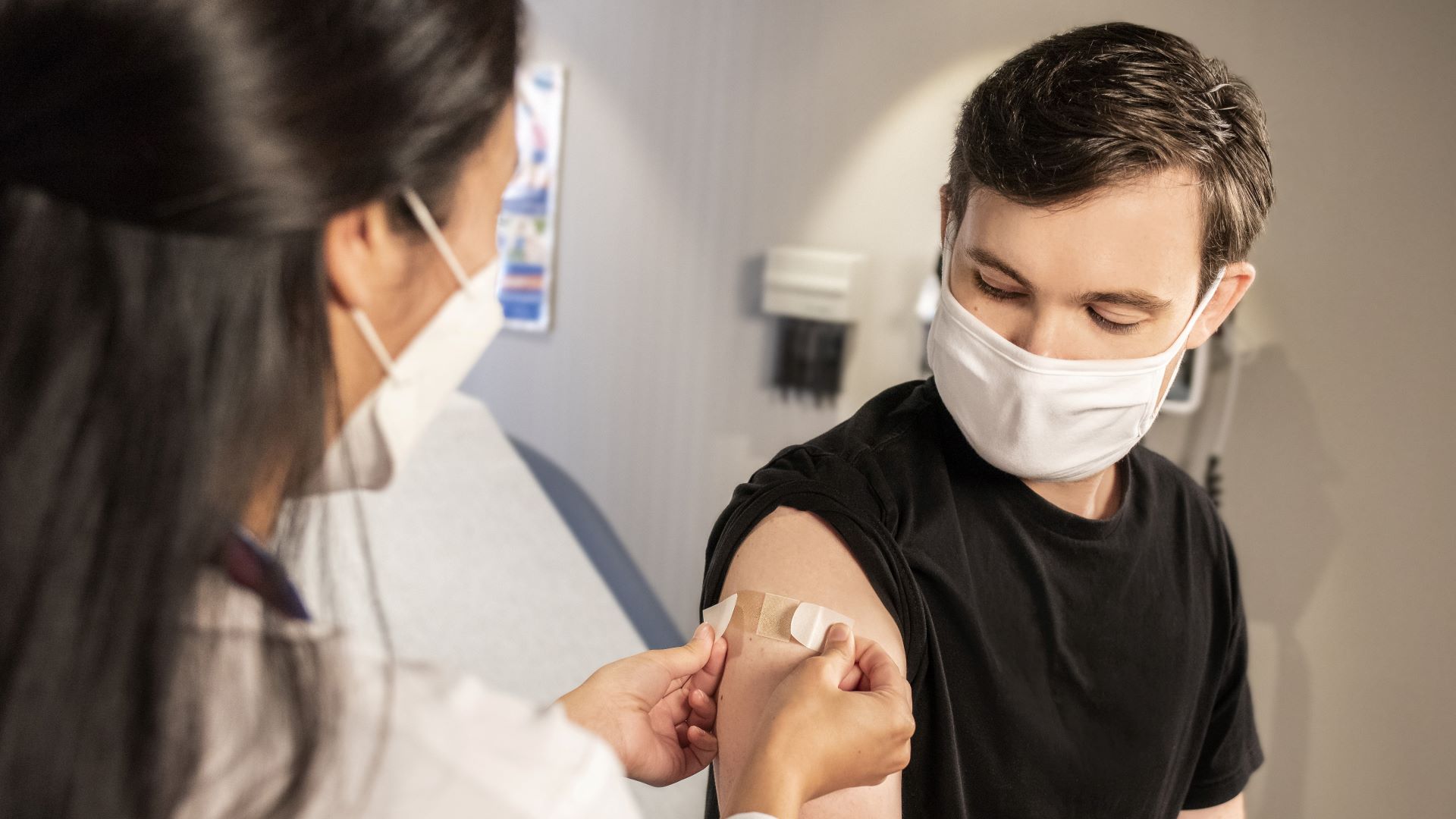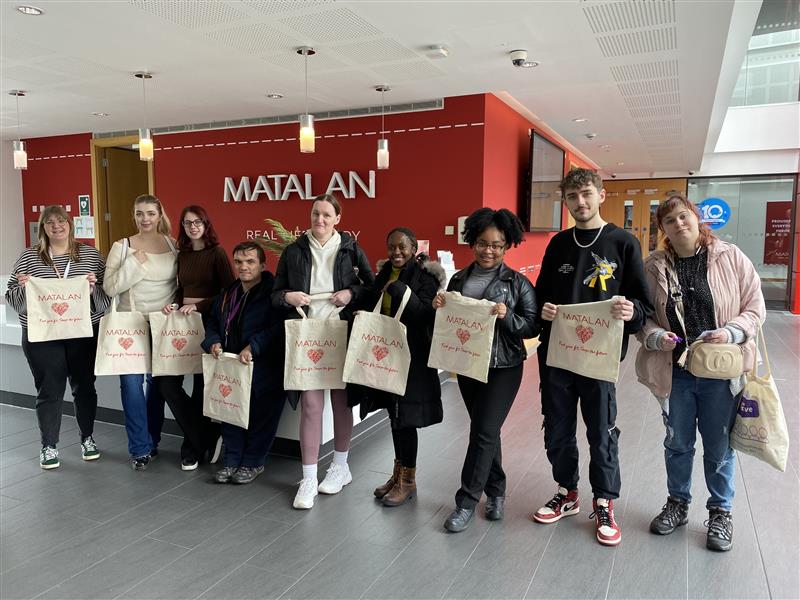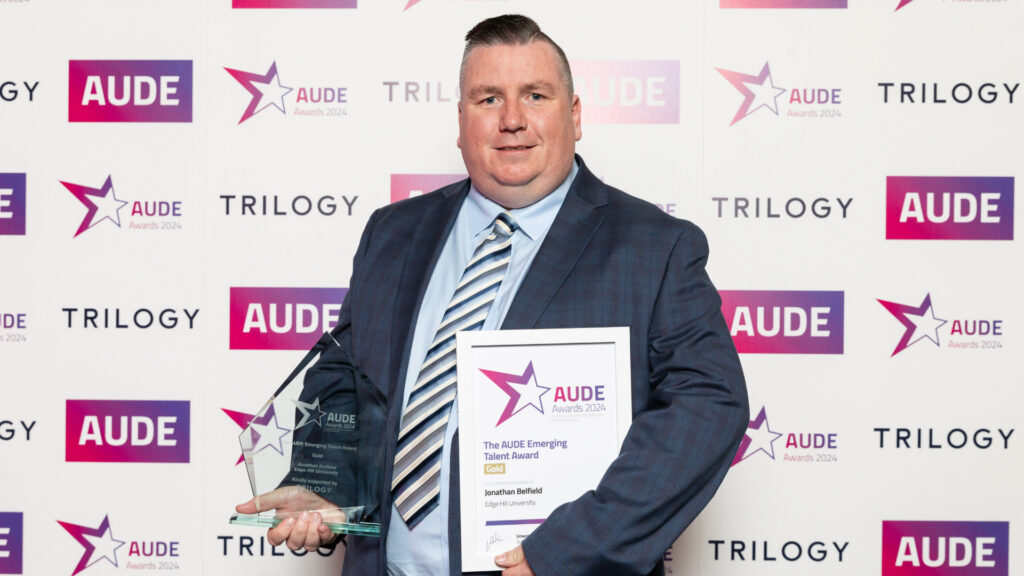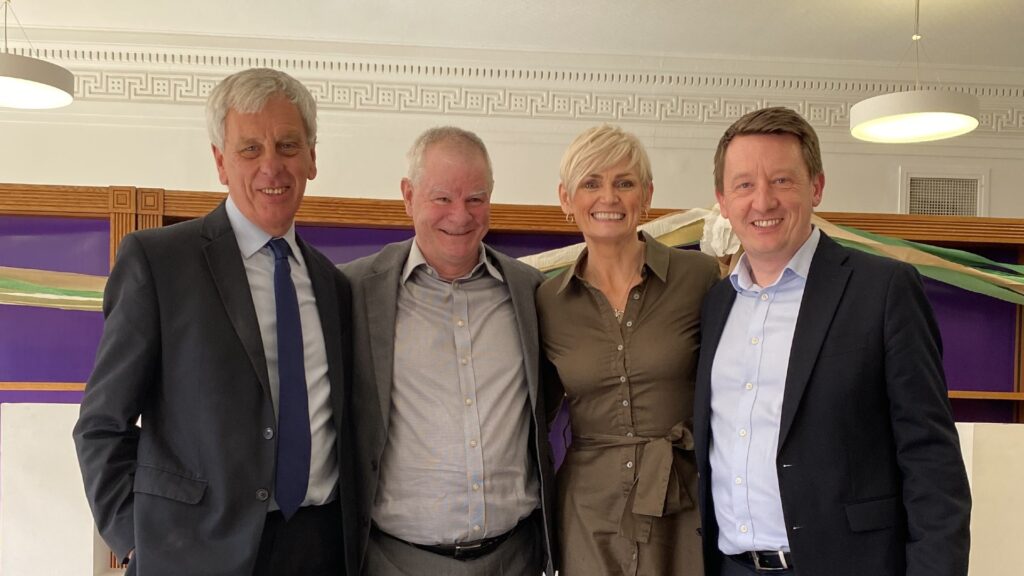The University’s Evaluation and Policy Analysis Unit (EPA) concluded that two of the programme’s major successes were breaking down the barriers created by misinformation and fake news, and increasing vaccine uptake amongst minority ethnic groups.
The programme involved Public Health Advisors contacting communities across Liverpool with comparatively low vaccine rates to encourage them to get the vaccine and find out what steps could be taken to convince them to have it.
Key to its success was the expertise of the callers who were made up of health and social care professionals such as student doctors and care home staff. This was unique to Liverpool and ensured that callers could deal with any difficult questions arising during the calls.

EPA Director Professor Axel Kaehne said: “COVID-19 vaccination rates have been particularly low in Cheshire and Merseyside with 18.34% of eligible citizens remaining unvaccinated. However, we found that Liverpool’s vaccine promotion programme was successful in partly reversing this trend.
“By using callers with medical expertise they were able to counteract fake news, confidently answer any questions and convince people of the health benefits of being vaccinated.”
It was also discovered that running the operation at a local authority level, rather than relying on central government efforts, was more effective due to high levels of mistrust in government.
Professor Kaehne added: “Our evaluation showed that a key to success was combating misinformation and mistrust in the government, something the callers were well equipped to do through their own knowledge and the specialist training they received.
“Also effective was helping people to book a vaccine appointment, offering transport to get there or arranging a home visit, all of which had a big impact on helping vulnerable groups and people with mobility problems to access their local vaccine centres.”
The assessment also gave recommendations that could shape the response to future pandemics and efforts to increase the uptake of other vaccines.
Postdoctoral Research Fellow Julie Feather who worked closely with Professor Kaehne said: “With the threat of bird flu and other pandemics looming it’s important that lessons from COVID-19 are learnt quickly. The model used in Liverpool and key information such as which groups to target, and which methods were most effective in promoting vaccines, must be shared with other local authorities.
“Our report gives recommendations on how to improve data management when programmes like this are being carried out so that we can learn even more from them and drive improvements for future pandemics.”

The pilot programme was developed and implemented by Liverpool City Council in partnership with the Champs Public Health Collaborative as part of a wider programme of COVID-19 vaccination promotion work.
The evaluation was carried out by a team at the EPA, Professor Axel Kaehne and Dr Julie Feather, and Professor Evangelos Kontopantelis from the University of Manchester. It was commissioned by The Champs Public Health Collaborative and Liverpool City Council.
The Evaluation and Policy Analysis Research Unit at Edge Hill is an interdisciplinary team of specialists from across the University undertaking programme evaluations as well as policy-focussed analysis and research.
The full report can be read on the Edge Hill website.
March 8, 2023



